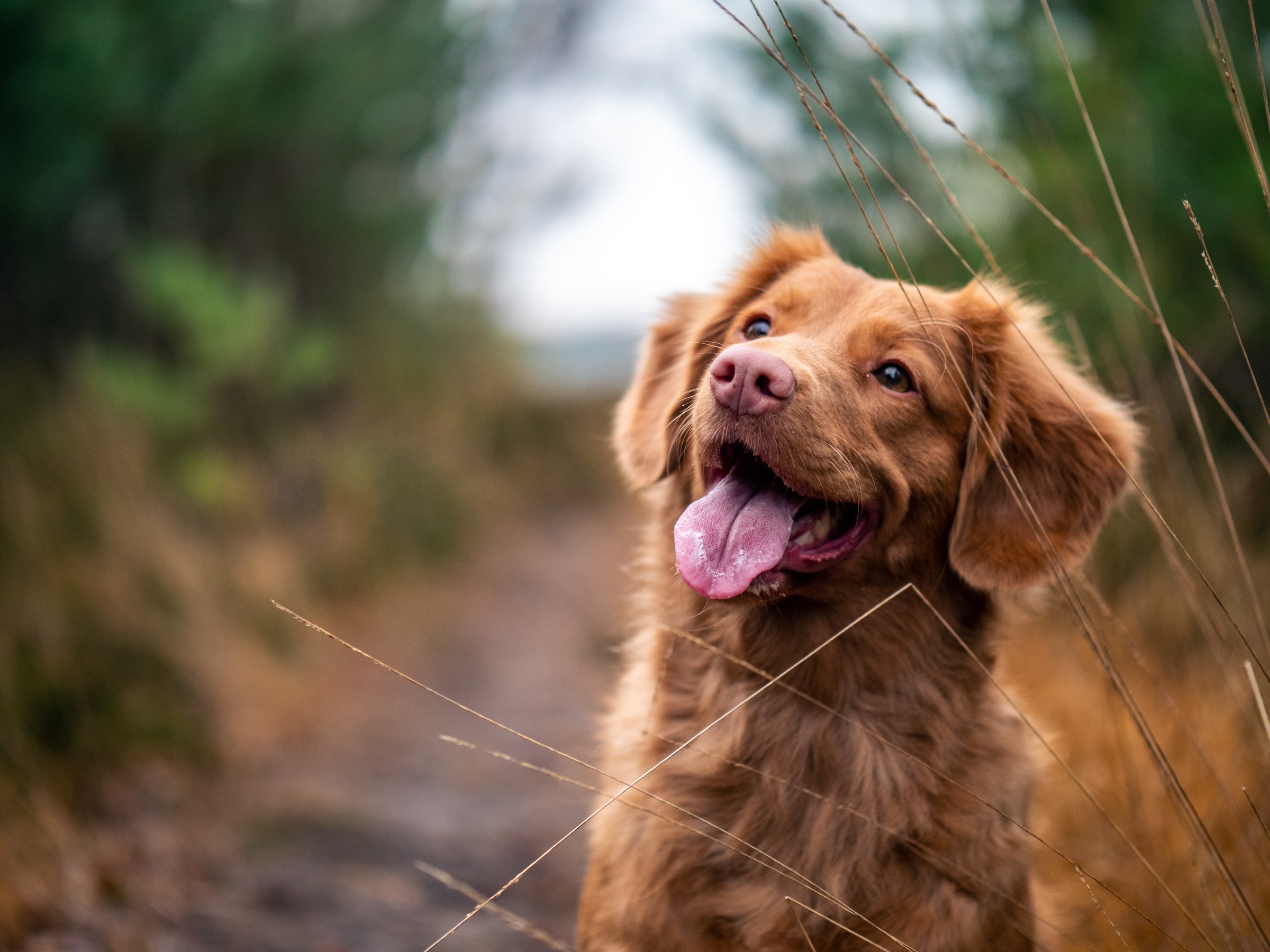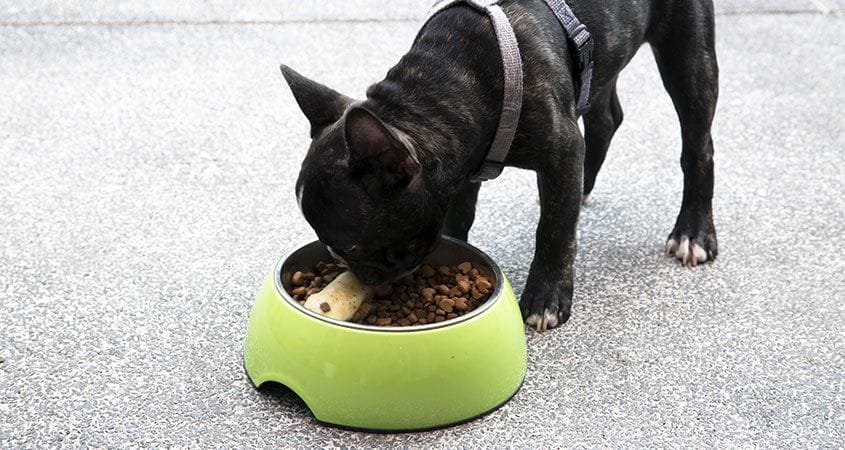A child’s pet is frequently a contentious issue. Parents are concerned that their baby may become bored with the pet quickly, leaving them with all of the chores. We, on the other hand, know at least ten reasons why your child should get a pet!
Making the decision to get a pet when you have a little child is certainly not easy. It’s worth emphasizing, though, that having a pet as a child has a lot of advantages. A child learns a lot from a pet and gains a fantastic friend for many years. So, let’s look at few reasons why your child should have a pet.
Taking on more responsibilities
When a youngster gets a pet, he or she learns responsibility and how to care for others. Pets require attention and care. They are completely reliant on humans to feed, educate, and entertain them. Children who are responsible for the care of animals develop empathy and compassion. Learning to care for another creature will undoubtedly pay off in the future.
Parents who choose to have a pet at home should teach their children how to care for it. After some time, the youngster should be able to take on certain responsibilities on his or her own. If you have a child, he may initially provide the pet food and water.
Developing self-control
Another crucial feature of owning a pet is its companionship. A child who is responsible for a pet must learn to be disciplined. He must know when to feed the pet or accompany him on walks (this, of course, depending on your baby’s age). It has been scientifically shown that having a dog is the most effective way for children to learn discipline.
Obligations to learn
It is a significant commitment to growing up with animals. When a child is weary or bored, he cannot place his pet on a shelf. Every day, animals require attention, food, play, and stimulation. Because having a pet is a lifetime process, it teaches your kids to make long-term obligations.
Understanding the consequences
Animal care helps your youngster to be dependable. The baby can see that ignoring his responsibilities to the pet has a variety of negative effects. If the youngster does not clean the hamster’s cage, a foul odor will begin to emanate from it. If the cat’s litter box isn’t cleaned, it can get by without a carpet or bed.
Self-assurance
Trying to take care of a pet will boost your child’s self-esteem. When a youngster succeeds in caring for a pet, they feel good about themselves and see their parents happy.
Improved resistance
According to a study conducted by the American Academy of Allergy, children who are exposed to animals from birth are less likely to develop allergies. Furthermore, they are less likely to develop disorders like asthma.
Fun and exercise
Dogs, in particular, require regular exercise and play. This will undoubtedly benefit any baby who also needs a lot of exercise and play. Your youngster may find a wonderful buddy with whom he will be able to spend a lot of time.
Mindful meditation
Animals have a calming influence on people’s minds. Both the adult and the youngster relax significantly when they are in the presence of a pet. Playing with a pet might help you relax and enhance your mood.
Reducing the stress hormone cortisol
It has been scientifically shown that spending time with animals decreases stress and has a therapeutic effect on the entire family. This has a significant impact on a child who is aware of all the stressful situations. Reducing stress has a positive impact on a child’s sense of security.
Learning to read
Children are more likely to learn to read with animals than with other people, which is interesting. This is, of course, due to the fact that the cherished pet does not judge or criticize. The baby is more eager to reach for books and tell his pet favorite fairy tales.




